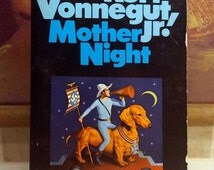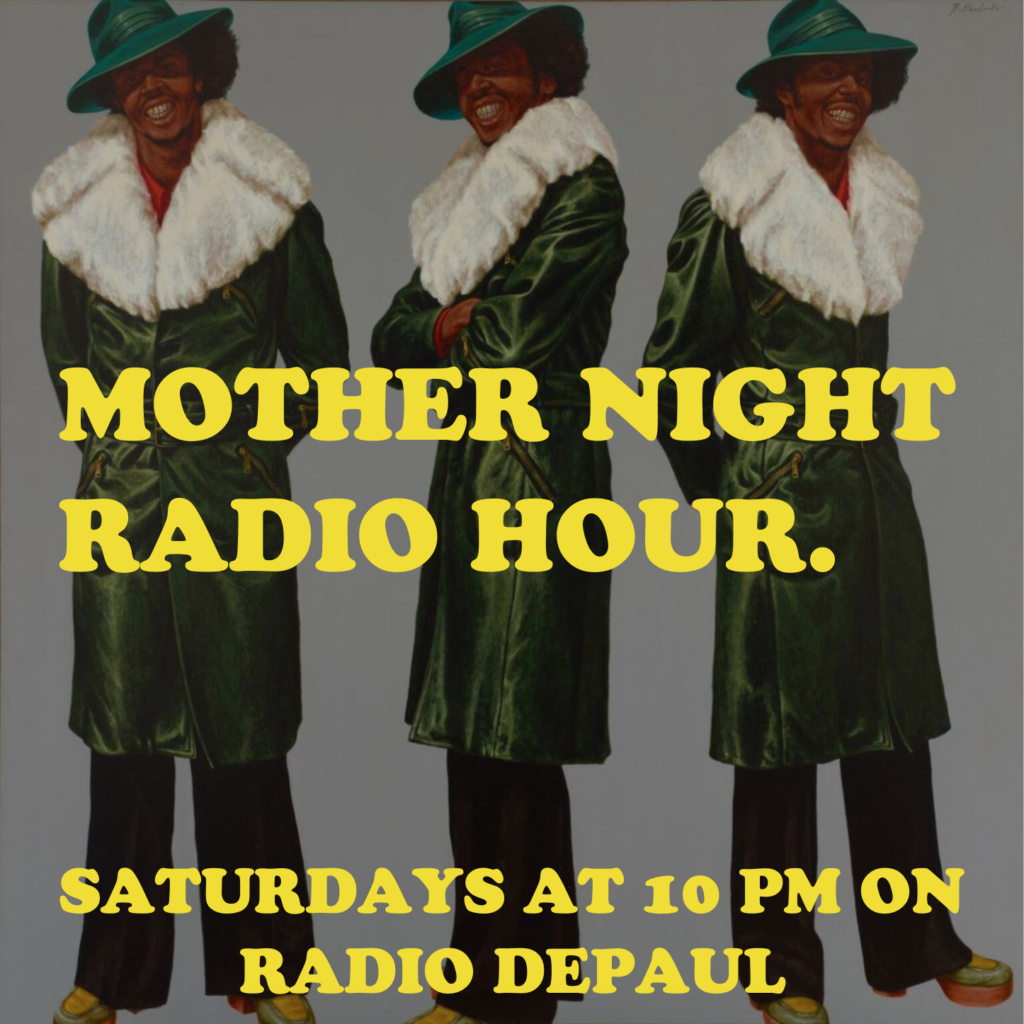

Plus, it is hard to avoid a book that uses the phrase “Why don't you take a flying at a rolling doughnut? Why don't you take a flying at the mooooooooooooon?” often and with literary abandon. There are other, stronger Vonneguts where I could have started, but I'm also trying to go through my Library of America Vonnegut: Novels 1976-1985. What better way than a book about loneliness, incest (perhaps not, or technically yes, but also not), disease, the destruction of America, and the Church of Jesus Christ the Kidnapped. It seems in an era of Donald Trump I'm going to need as many absurdist tools on my belt as possible. It has been 30 years since I went on a huge Vonnegut tear. So, I've decided to read a lot of the Vonnegut novels he's going to be reading before the end of the year too. This is what happens when daddy is an absurdist, but rules like a fascist King. He is still on the hook for the other $80. Every book he reads, drops his big OWE down by $10, up to $60. I'm letting him buy down the debt (to me) by reading 6 Vonnegut novels before the end of the year. “And how did we then face the odds, of man's rude slapstick, yes, and God's? Quite at home and unafraid, Thank-you, in a game our dreams remade.” ― Kurt Vonnegut, Slapstick, or Lonesome No More! My 15-ear-old son broke the screen on his iPhone 6s. Slapstick is a clear demonstration of the profound alliance of comedy and tragedy which, when Vonnegut is working close to his true sensibility, become indistinguishable. Vonnegut's tragic life - like the tragic lives of Laurel, Hardy, Buster Keaten and other exemplars of slapstick comedy - is the true center of a work whose cynicism overlays a trustfulness and sense of loss which are perhaps deeper and truer than expressed in any of Vonnegut's earlier or later works. Campbell, Jr., an American-born Nazi propagandist during World War II. Slapstick becomes both product and commentary, event and self-criticism an early and influential example of contemporary "metafiction". Kurt Vonnegut’s 1962 novel, Mother Night, like his later and better-known work, Slaughterhouse-Five, explores the shadowy line separating good and evil during wartime.The novel is presented as the prison confessions of Howard W. Love and carnage intersect in a novel contrived to combine credibility and common observation critics could sense Vonnegut deliberately flouting narrative constraint or imperative in an attempt to destroy the very idea of the novel he was writing. The twins exemplify to Swain a kind of universal love he campaigns for it while troops of technologically miniaturized Chinese are launched upon America. Like their films and routines, this novel is an exercise in non-sequentiality and in the bizarre while using those devices to expose larger and terrible truths. Vonnegut dedicated this to Stan Laurel and Oliver Hardy. The story centers on brother and sister twins, children of Wilbur Swain, who are in sympathetic and (possibly) telepathic communication and who represent Vonnegut's relationship with his own sister who died young of cancer almost two decades before the book's publication. Urn:oclc:803354816 Republisher_date 20171110090612 Republisher_operator Republisher_time 460 Scandate 20171020020600 Scanner Scanningcenter hongkong Shipping_container SZ0025 Tts_version v1.Perhaps the most autobiographical (and deliberately least disciplined) of Vonnegut's novels, Slapstick (1976) is in the form of a broken family odyssey and is surely a demonstration of its eponymous title. OL17806996W Page-progression lr Page_number_confidence 92.31 Pages 262 Ppi 300 Related-external-id urn:isbn:8807819562

And yet another moral occurs to me now: Make love when you can. Say what you will about the sweet miracle of unquestioning faith, I consider a capacity for it terrifying and absolutely vile. Access-restricted-item true Addeddate 14:07:41.66321 Bookplateleaf 0004 Boxid IA1159312 City Barcelona Donorīostonpubliclibrary Edition 1.


 0 kommentar(er)
0 kommentar(er)
